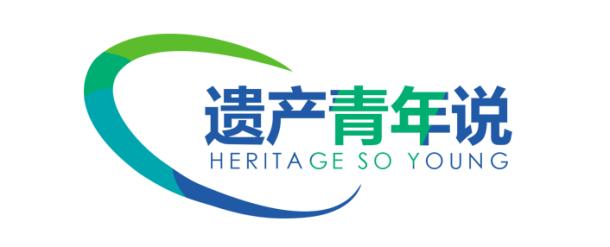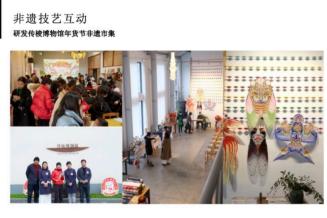News
Revitalizing Cultural Heritage through New Media: 2023 Online Capacity Building Workshops on Heritage Communication for World Heritage Sustainable Livelihood Pilot Sites
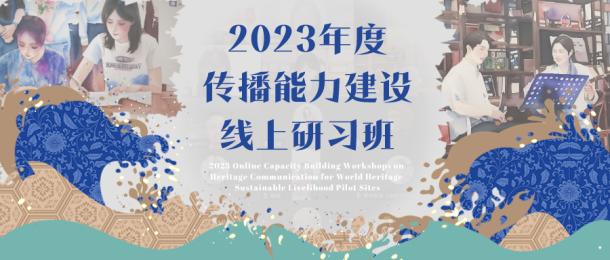
Today, heritage communication through new media is key to cultural heritage safeguarding and transmission. New media has introduced new opportunities and brought young people to take an active role by being digital, instantaneous, and engageable.
To reinforce the communication capacity of community leaders and living heritage bearers and to further navigate the role of young generations in heritage safeguarding and sustainable development, the Intangible Cultural Heritage Communication Research Center of Communication University of China (CUC) organized the "2023 Online Capacity Building Workshop on Heritage Communication for World Heritage Sustainable Livelihood Pilot SItes" under the “Heritage So Young” initiative within the framework of UNESCO – China Youth Development Foundation Mercedes-Benz Star Fund “Conservation and Management of World Heritage Sites in China” Phase IV. The Workshop, organized in 2 sessions, took place on 28 October and 12 November 2023.
Forty-three (43) community leaders, living heritage bearers and artisans (27 of whom are women) from the 5 pilot sites—Shilin of South China Karst, Songtao of Fanjingshan, Chishui of China Danixa, Wolong of Sichuan Giant Panda Sanctuaries, and Quanzhou of Fujian Province—participated in the workshop. The workshop also marked the third year of online capacity building on heritage communication organized for the pilot sites, with a total of 131 people benefited.

The workshop featured industry knowledge sharing, online influence output presentation and discussion on strategic breakthrough. Expert trainers shared their industry expertise, including ZHENG Fenlan, leading figure of sustainable practice, Provincial Bearer of the Zhejiang Homespun Textile Craftsmanship and founder of “Xiaoxiang Sanxun”; TANG Yu, Head of Taobao Live Broadcast E-commerce; and young facilitators from the Intangible Cultural Heritage Communication Research Center of CUC.
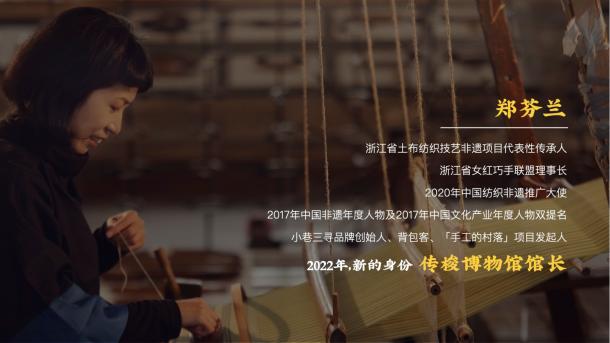
The first workshop session focused on commercialization of living heritage crafts. Specific topics included living heritage crafts local revitalization, industry chain development, and living heritage branding and operation.
The second workshop session explored new media account operation and monetization, specifically on e-commerce live broadcast operational techniques and the platform support towards living heritage products, as well as operational patterns and monetizing strategies on the leading platforms in China.
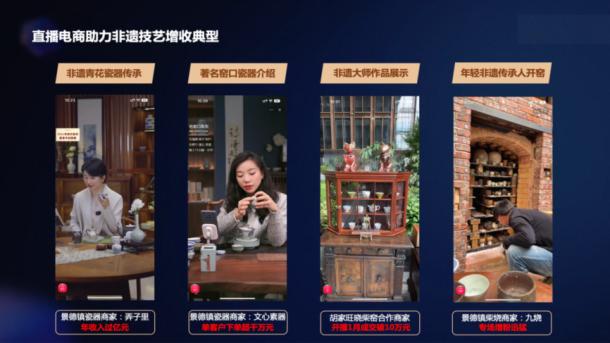
A special highlight is that the 2023 workshops further encouraged youth participation in heritage conservation and communication by one-on-one pairing university volunteers with community leaders or living heritage bearers from the pilot sites to build new media profiles with strong influence.
In the coming 2024, UNESCO’s “Heritage So Young” initiative will continue to strengthen people-to-people connections between university students and community leaders and living heritage bearers, which will help World Heritage sites better narrate the stories of their cultural and natural heritage by using the new media platform. At the same time, more young people are encouraged to engage in heritage conservation and communication in promoting the sustainable development of World Heritage sites.
